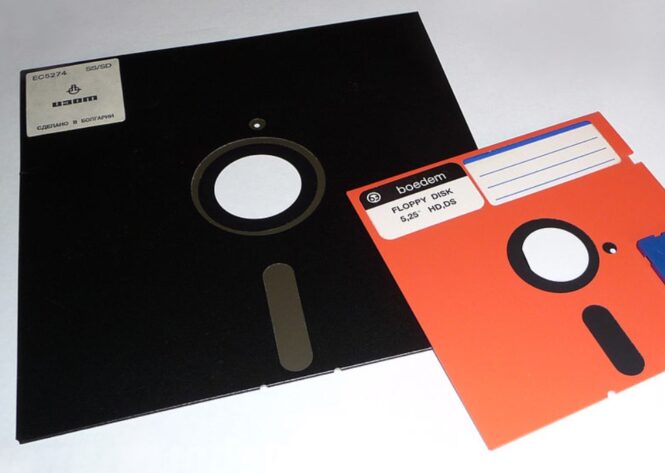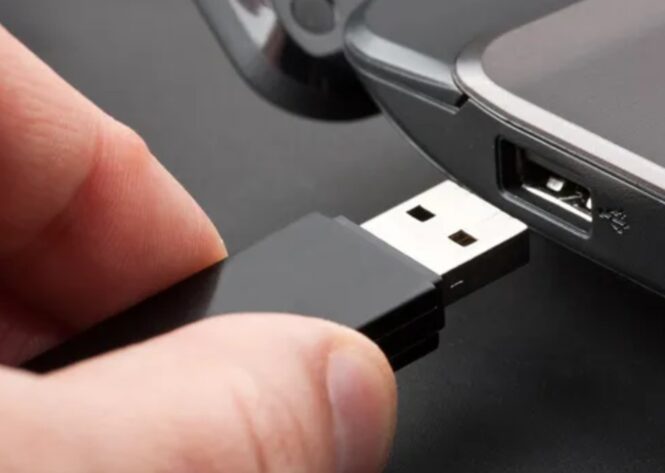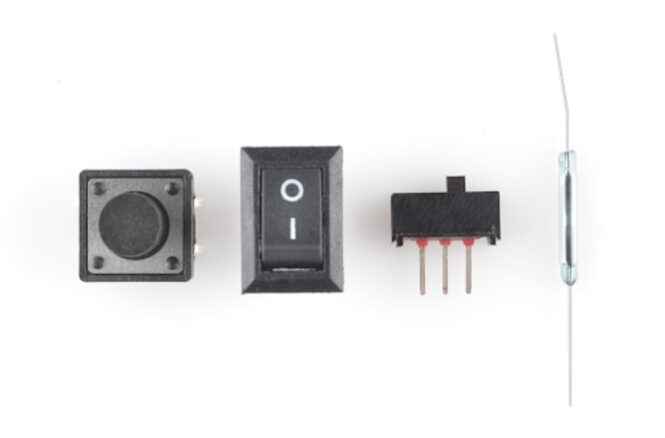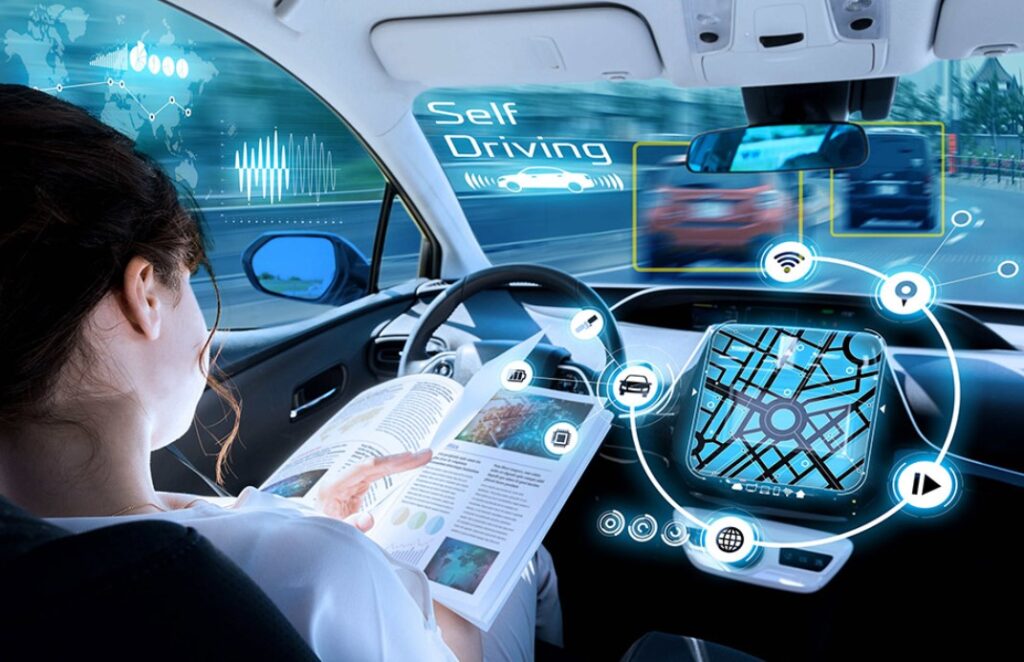The Rise of Technology
The advancement of technology has been very impressive in recent history. From films, to tapes, to CDs, to digital content. From horse-drawn carriages to smart cars. From wired to wireless. From analog to automated. The fast advancement of technology played a huge part in our everyday life. There are certain conveniences that used to be privileges but now already are necessities. The size difference alone of most devices from 20 years ago and in the present day gives a really impressive impression of what else can come in the next 20 years.
Technology is ever changing and it will not stop evolving in the future. The advancement may have extinguished some jobs in the past, but it also created new ones. Technology has made work and production more efficient and has created much easier and effective options, not just in operations, businesses, but life in general.
Listed below are some examples of inventions that have recently become obsolete:
A Thing of the Past
• Floppy Disks

Upon creation of the personal computer, files needed to be stored somewhere for data transferring and/or backing up files. Hence, the floppy disk was born. The younger generation might only know this as the icon for the save button, but the floppy disk or drive has actually done wonders during the growth of the personal computer.
Perhaps even millennials would not know this, but the floppy disk had 3 versions. The eight-inch version which was the first one to be manufactured actually dates back to 1967. An upgraded version of the floppy disc, which was resized to 5.25 inches, was also manufactured back in 1981. The name “floppy” was coined because the disc was enclosed in a flexible soft plastic sheath. After quite some time a 3.5 version of the floppy disk was invented and has become a standard commodity for people who often use their personal computers. Floppy disks normally only held 360 kilobytes or KB of data, eventually evolving to a maximum of 1.44 megabytes or MB. Which means, to install a sizable amount of software on your computer can take a box of floppy disks, for reference, in order to install the Microsoft Office 97 on your personal computer, it takes 55 floppy disks of data to complete.
Even though it was the standard at that time, eventually the technology needed to evolve to be more efficient and less time consuming. And by 2011 the last floppy disk was manufactured.
• VHS Tapes

VHS tapes were everywhere through the 80s and 90s. VHS stands for Video Home System. These tapes enabled people to watch and rewatch films or shows that have already aired and it was live-changing. Before the dawn of VCRs, shows and films could only be aired in cinemas and on television. So being able to watch certain films and shows at any time definitely created some buzz.
These tapes gave way for video rental stores to be in business. Renting a movie wouldn’t probably make sense to the younger generation, but it was every person’s pastime decades ago. Just before the dawn of the new millenium, films and shows were ported to have LaserDisc formats, then came after it were VCDs, then DVDs and eventually Blu-Ray. VHS became a thing of the past, but it was a precursor to modern entertainment as we know it.
• Paper Maps

In this day and age, anyone can whip out their phone and know where exactly they are and where their destination would be. But this wasn’t the case a few decades ago. In The US, the construction of the interstate highway system gave way to companies to create roadmaps to provide information to where gas stations were located.
Aside from needing a compass to know the basic directions, it’s difficult to know where the passenger is exactly without prior studying the paper map itself. It’s a no-brainer that when GPS navigation has been invented that road map sales would definitely plummet. Cars now even have built-in GPS installed.
Evolution
With some examples of previous inventions that became obsolete, which current inventions are already on their way to the museum? Here are some devices that may become obsolete in the next 10 to 20 years:
• USB Drives

During the dawn of the new millenium, in the early 2000s, USB drives have been the go-to storage drive due to the larger storage capacity compared to its predecessors. Nowadays, flash drives are slowly becoming obsolete as cloud storages, such as Google Drive, Dropbox, and Microsoft One Drive, have taken over because of the widespread internet access and faster internet speeds.
Internet access is available to almost everyone with upload and download speeds faster than it can be, it is no question that USB storage would eventually be obsolete in the next few years.
• Passwords

Information security is very important and that’s why passwords have been around for the longest time. Very recently, biometric authentication has been created and integrated with smartphones.
Well-known smartphone brands like Samsung and Apple have already implemented biometric authentication and even face recognition to their devices. It’s only a matter of time that the login and password system will be obsolete as biometric methods are looking like the ultimate security option, not to mention convenient.
• Buttons and Switches

In recent day, most, if not all, smartphones already have voice recognition. Moreover, devices with AI like Alexa, Google Assistant, and Siri are widely regularly used. With the AI technology evolving and looking at all the things they can do, it’s only a matter of time before we say goodbye to buttons and switches in general.
• Charging Cables

As we speak, flagship smartphones are already utilizing wireless charging technology. Although it is only a small fraction of the huge number of smartphones that have been manufactured as of the moment, just like how people lost the audio jack, the trend shows that it’s only a matter of time before most phone manufacturers follow suit and get rid of the wired charger entirely
• Non-Autonomous Vehicles

At this day and age, so many vehicles have hit the roads, some use fossil fuels, some are hybrids, and some are fully electric. There are even e-bikes and e-scooters that don’t even require a license, which is why some people are calling for the ban of these kinds of vehicles, according to lordping.co.uk, because of human error. At the same time, automated drones, robots, and such are already being utilized as of today. Autonomous cars have also already been invented and have been proven functional. These vehicles, though, come at a steep price range, but as more and more advancement arises, prices go down and more units become accessible. Only time will tell when these kinds of vehicles will be the new norm, but with all the evidence and rapid evolution of certain technology, it’s looking like it will happen in the not too distant future.
 Imagup General Magazine 2024
Imagup General Magazine 2024



